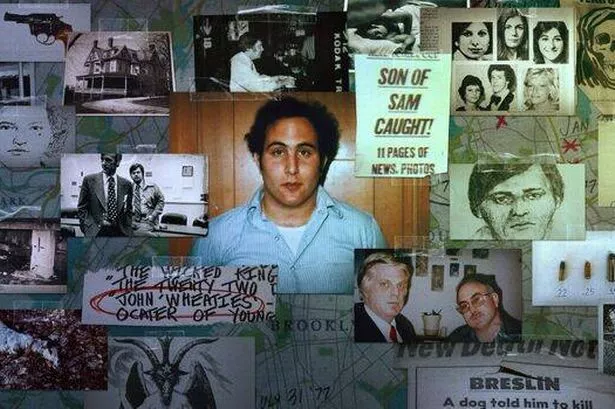The chilling narrative of David Berkowitz, infamously known as the “Son of Sam” killer, has once again captivated audiences worldwide, thanks to the compelling Netflix true crime series, “Conversations with a Killer: The Son of Sam Tapes.” This series has rapidly ascended to the top of streaming charts, demonstrating an enduring fascination with the dark corridors of criminal psychology and the search for answers regarding the ultimate fate of such notorious figures.
Berkowitz’s reign of terror plunged New York City into fear during a harrowing 13-month period in the late 1970s. His calculated and brutal attacks left a indelible mark on the public consciousness, creating an atmosphere of widespread panic as authorities struggled to apprehend the elusive perpetrator behind the seemingly random slayings.
Armed with a distinctive .44-caliber revolver, Berkowitz meticulously targeted young women and couples, often in parked cars. A signature element of his horrific spree was the enigmatic and taunting letters he left at crime scenes, as well as those he dispatched to local journalists, seemingly delighting in the fear he propagated and challenging law enforcement.
The moniker “Son of Sam” became synonymous with dread, a chilling signature that Berkowitz himself adopted in his communications. He famously claimed this name was inspired by disturbing directives from his neighbor’s dog, a bizarre and unsettling detail that further fueled the public’s apprehension and the mystery surrounding his motives.
Following an extensive manhunt that gripped the nation, David Berkowitz was eventually apprehended and swiftly confessed to all of the “Son of Sam” murders. His immediate post-arrest phase saw him committed to King County Hospital’s psychiatric ward, a temporary measure before his eventual sentencing, marking a pivotal moment in the criminal justice saga.
It was within the confines of his prison cell that Berkowitz underwent a profound transformation. An encounter with a fellow inmate, who presented him with a Bible, reportedly led to his conversion into a committed born-again Christian. This spiritual journey, as he describes it, became a central aspect of his post-conviction identity.
Reflecting on his past, Berkowitz has publicly expressed deep remorse for his heinous actions, attributing his conversion to a moment of profound realization and spiritual awakening. His current fate sees him serving multiple life sentences, maintaining a low profile within the prison system, yet his story continues to resurface, prompting questions about redemption and rehabilitation.
The enduring appeal of the “Son of Sam” case, especially through modern platforms like Netflix true crime, highlights society’s ongoing quest to understand the darkest aspects of human behavior. From the chilling details of his serial killer spree to his unexpected spiritual journey, David Berkowitz remains a subject of intense public and academic scrutiny within the realm of true crime series and criminal justice history.






Leave a Reply